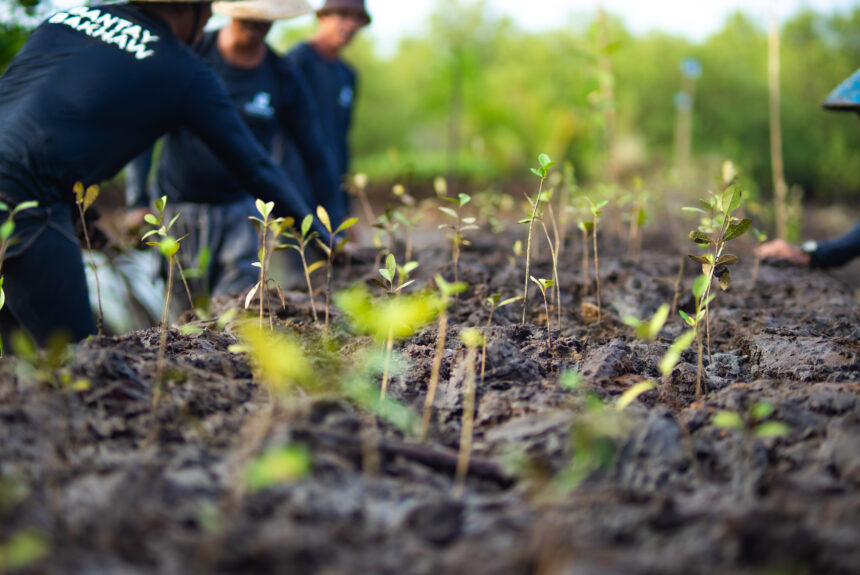With the support of the Blue Marine Foundation, we successfully wrapped up the project’s first year of mangrove rehabilitation activities. In partnership with the Bitaugan West Fisherfolks Association (BWFA), we planted the last batch of mangrove saplings, 9,764, hitting our target of 25,000 saplings for the year! The BWFA, with 55 members (24 women and 31 men), actively participated in this crucial project phase. This milestone is a testament to the power of community involvement in environmental conservation. The success of this initiative also reflects the continuous support and partnership between Oceanus Conservation and BWFA, ensuring the effective implementation of...
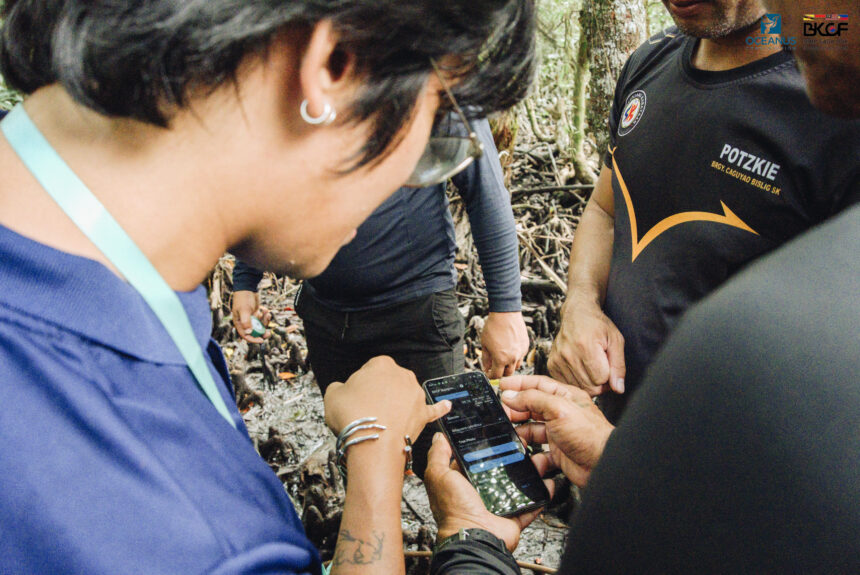
AI can help us save mangroves. We want to do better, starting with Bislig City.
We have seen the potential of AI in supporting our conservation work. Figures 1-2. Workshop participants during the Community-Based Rehabilitation and Conservation Training last December 3-4. Sources: Andreu Bayongasan, Oceanus Conservation; Dafrose Bajaro, Thinking Machines In 2022, Oceanus partnered with Thinking Machines Data Science and Gainforest to improve monitoring of mangrove forests through mobile data collection and drone imagery. By using digital forms to collect data and uploading collected mobile and drone photos to the cloud, we found that there are various AI applications, specifically machine learning, that can be used. We saw the possibility of computing Above Ground Biomass...

Two local community associations trained for sustainable livelihood by 2025
The Bitaugan West Fisherfolks Association (BWFA) and Aras-asan Coastal Fisherfolks Association (ACFA), play an important role in mangrove rehabilitation and conservation in Cagwait, Surigao del Sur. Oceanus Conservation, with the support of Blue Marine Foundation, a UK-charity foundation, conducted series of trainings to enhance the leadership and organizational capacities of two local community associations. The team focused on critical skills for effective community governance and financial management as this will prepare them for the livelihood program to be conducted by the first quarter of 2025. The Leadership and Governance Training aims to equip participants with essential leadership skills, conflict resolution...
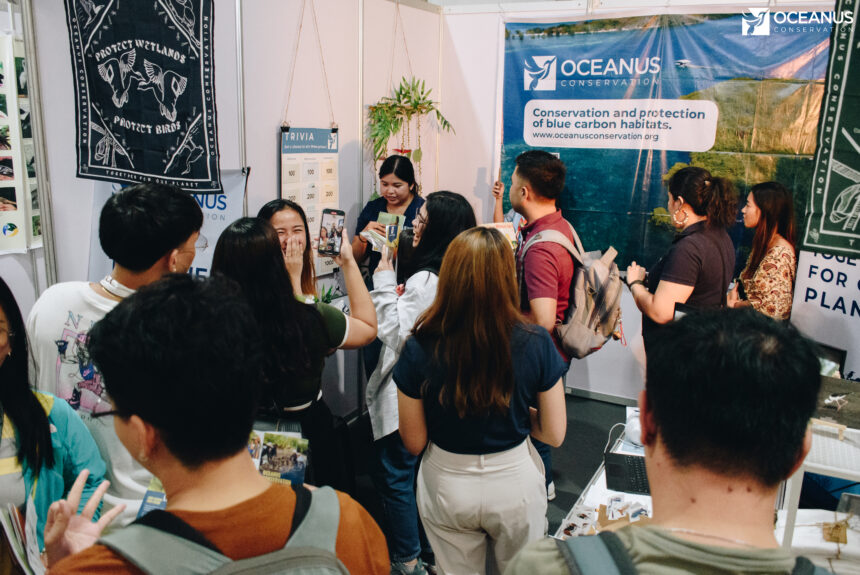
Oceanus Conservation at the 13th Asian Bird Fair: A Heartfelt Thank You!
Last November 2024, Oceanus Conservation had the incredible opportunity to attend our first international event at the 13th Asian Bird Fair. We are deeply grateful for the amazing turnout and the overwhelming support we received from everyone who visited our booth! We sincerely thank the Wild Bird Club of the Philippines (WBCP) for inviting us to participate in this prestigious event! Especially to the Asian Bird Fair (ABF) for providing such a dynamic platform for conservationists and bird enthusiasts across Asia. Special thanks go to Mike Lu, President of WBCP and co-founder of ABF, for his unwavering support! And to...
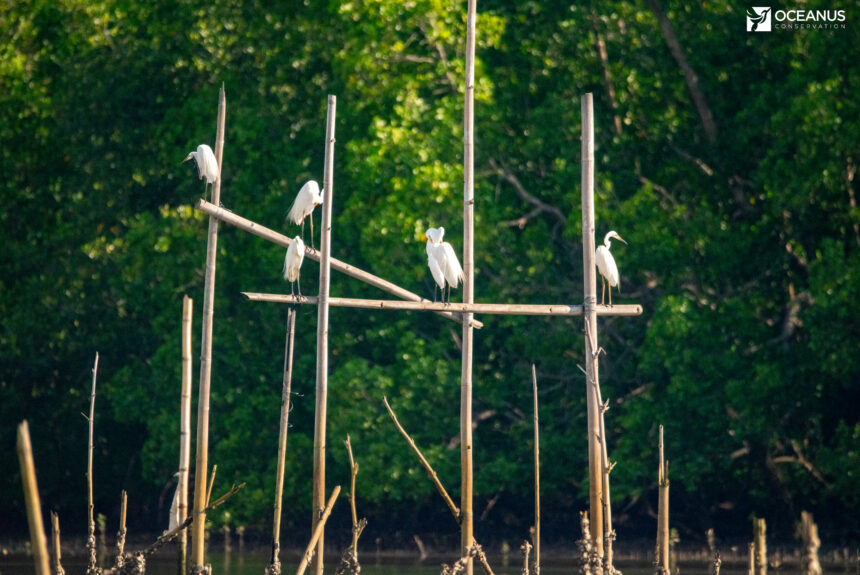
Sibugay Wetland Nature Reserve: A New Ramsar Site in the Philippines
The Sibugay Wetland Nature Reserve (Site no. 2552) has been officially recognized as the ninth (9th) Wetland of International Importance (Ramsar Site) in the Philippines! Kabasalan, Zamboanga Sibugay, part of the Sibugay Wetland Nature Reserve, is one of Oceanus’ key project sites. Oceanus Conservation has partnered with the Kapunungan sa Gagmay’ng Mangingisda sa Concepcion (KGMC), led by local champion Mr. Robert “Ka-Dodoy” Ballon. Since 2022, this collaboration has focused on mangrove restoration, capacity building, and creating sustainable livelihood opportunities for local communities through environmental conservation efforts, specifically on mangroves and their associated wildlife. The area boasts thriving mangrove forests and...
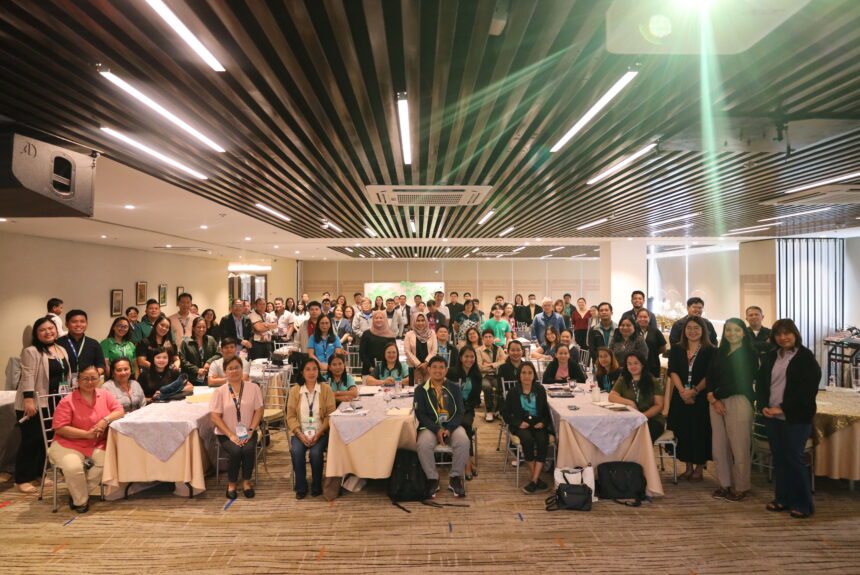
Advancing Mangrove Conservation: A Successful Workshop and Policy Roll-Out in Iloilo City
From August 19-23, 2024, the Department of Environment and Natural Resources-Biodiversity Management Bureau (DENR-BMB) hosted a week of productive training workshop on Science-Based Mangrove Rehabilitation Methods in Iloilo City. This event was held alongside the Policy Roll-Out of Department Memorandum Order No. 2024-01, which focuses on the Immediate Assessment of Abandoned, Undeveloped (Unused), and Underutilized (AUU) Areas. Additionally, following the guidelines set forth in another Memorandum Secretary No. 2024-54 on Supplemental Guidelines for Enrichment Planting of Mangroves and Related Activities for Biodiversity Conservation and Coastal Resiliency, the event featured a combination of science-based theoretical discussions and on-site training. Key highlights...
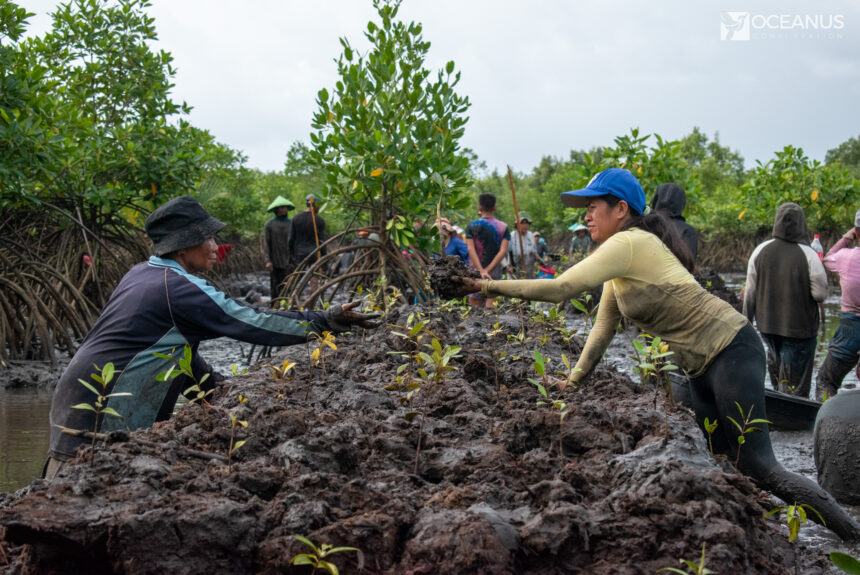
Happy International Mangrove Day!
Community-Based Ecological Mangrove Restoration: A Joint Effort by Oceanus Conservation and Bitaugan West Fisherfolks Association Author: Emmanuel Cababarros Jr. Oceanus Conservation in partnership with the Bitaugan West Fisherfolks Association (BWFA), conducted an ecological restoration initiative from June 25 to July 2, 2024, in Barangay Bitaugan West, Cagwait, Surigao del Sur. This collaborative effort focused on the restoration and reversion of degraded fishponds into a mangrove area, which are crucial for coastal protection, biodiversity, and the livelihood of the local communities. Over the course of the week-long initiative, 55 dedicated members of BWFA and Oceanus, planted a total of 1,400 seedlings...
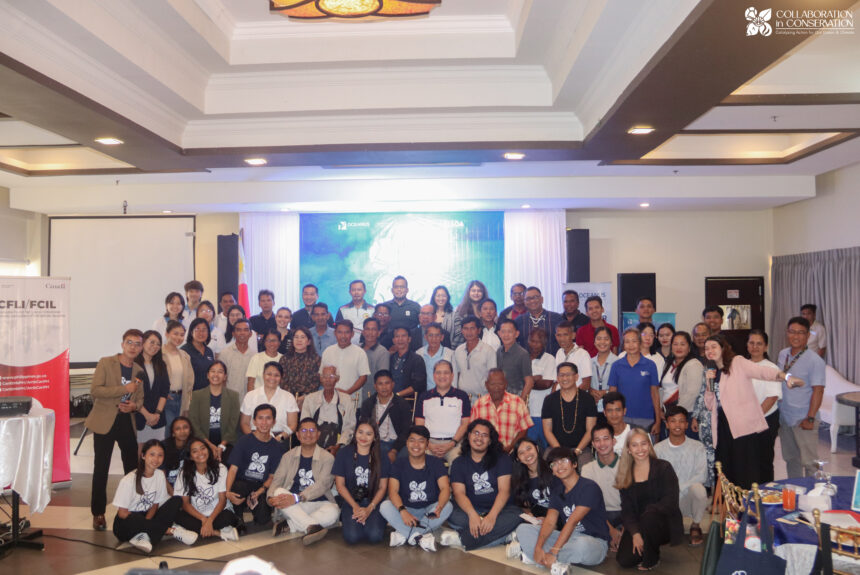
Ocean Summit 2024
Oceanus Conservation recently hosted the Ocean Summit on June 7th during World Ocean’s Day, held at Coron Westown Resort, Coron, Palawan. This year’s theme, “Collaboration in Conservation: Catalyzing Action for our Ocean and Climate”, brought together an impressive assembly of about 80 participants from various sectors! A Collective Effort The summit was organized in collaboration with Lalakbayin and the Sustainable Ocean Alliance Philippines. This marks a significant culmination of Project PriCE: Prioritizing Conservation Efforts: Mapping biodiversity hotspots in Busuanga, Palawan. This crucial initiative focuses on mapping biodiversity hotspots in Busuanga, aiming to enhance conservation strategies and foster sustainable practices in...
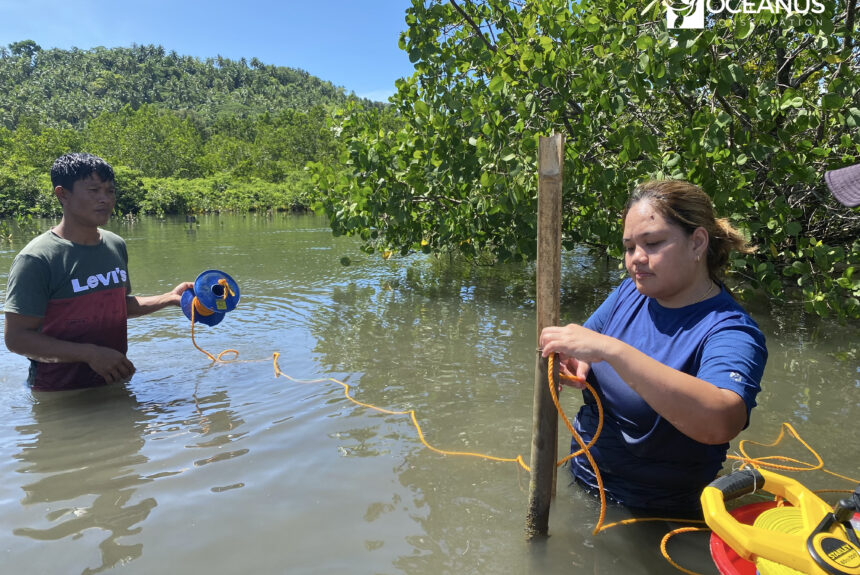
Biodiversity assessment in Surigao del Sur
We conducted a biodiversity assessment at the mangrove restoration sites in Poblacion and Bitaugan West, Cagwait, Surigao del Sur. This evaluation aimed to gather baseline data on various environmental factors to gauge the success of the ongoing restoration projects. Oceanus collected data on water quality, soil samples, mangrove biodiversity, and macroinvertebrate biodiversity, ensuring a comprehensive understanding of the current ecological status of these abandoned fishponds The assessment process involved sampling and analysis. Water quality was measured for parameters such as pH, salinity, temperature, and dissolved oxygen, which are crucial for the health of mangrove ecosystems. Soil samples were analyzed for...
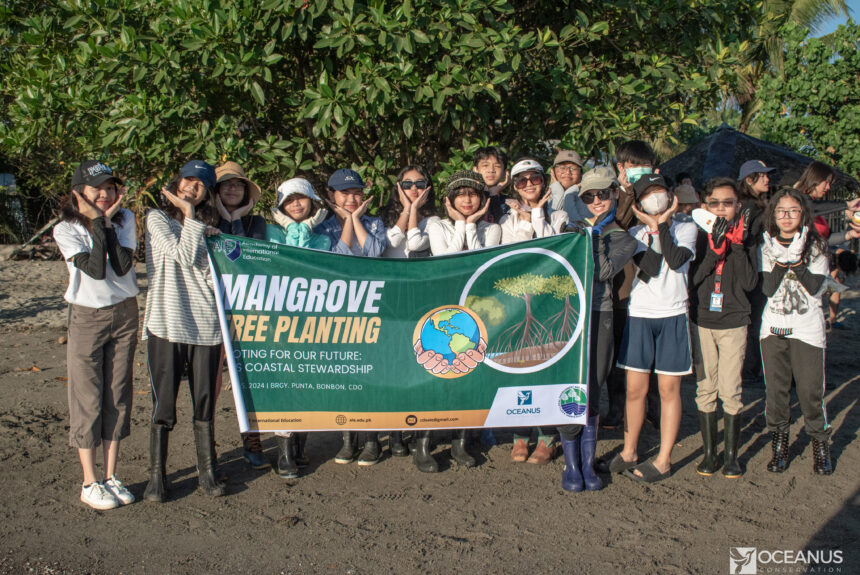
Mangrove Lecture in Academy of International Education
Last April 24 and 25, the Academy of International Education hosted a learning session in partnership with Oceanus Conservation and City Environment and Natural Resources Office (CENRO), focusing on mangrove ecosystems. Fifty students from grades seven to ten and the faculty attended the lecture on the first day, where Oceanus taught them about mangrove biology, zonation, stressors, and the techniques for proper planting. This session aimed to provide students with a solid understanding of the importance of mangroves in coastal environments. The practical aspect of the event took place the next day in Sitio Punta Bonbon, where the students applied...
